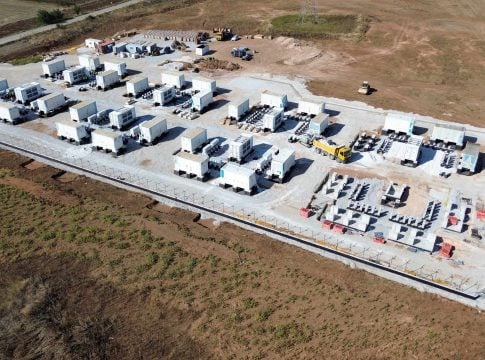The Εuropean Central Bank (ECB) proceeded with the eighth consecutive 25 basis point interest rate cut.
The ECB said that we are now on a very good path regarding the course of the euro economy and monetary policy after a spiral of economic shocks.
“I think we are getting to the end of a monetary policy cycle that was responding to compounded shocks, including COVID, the war in Ukraine, the illegitimate war in Ukraine, and the energy crisis,” ECB chief Christine Lagarde said during the press conference.
More specifically, the downward revisions mainly reflect the assumptions of lower energy prices and a stronger euro.
On the other hand, banking circles told “N” that the successive reductions may also reflect a fear of preventing the possibility of economic stagnation, especially in the face of Trump’s tariffs, the de-escalation of inflation, and the rapid entry of new technologies that are radically changing the economic landscape.
Impact on Greek loans
Sources told “N” that the loans to be most affected by the eighth consecutive reduction by the ECB are business loans, especially large business loans, followed by mortgage and consumer loans with a floating interest rate. In particular, according to estimates, the fall in ECB interest rates will most affect large business loans, as it will create conditions of increased competition between banks to retain large customers/businesses.
Therefore, they will be forced to lower interest rates more and more so as not to lose borrowers. Consequently, loans will be more attractive and cheaper and therefore, businesses will be able to borrow more easily with the expectation, the sources estimated, of another imminent drop in interest rates by the end of the year.















